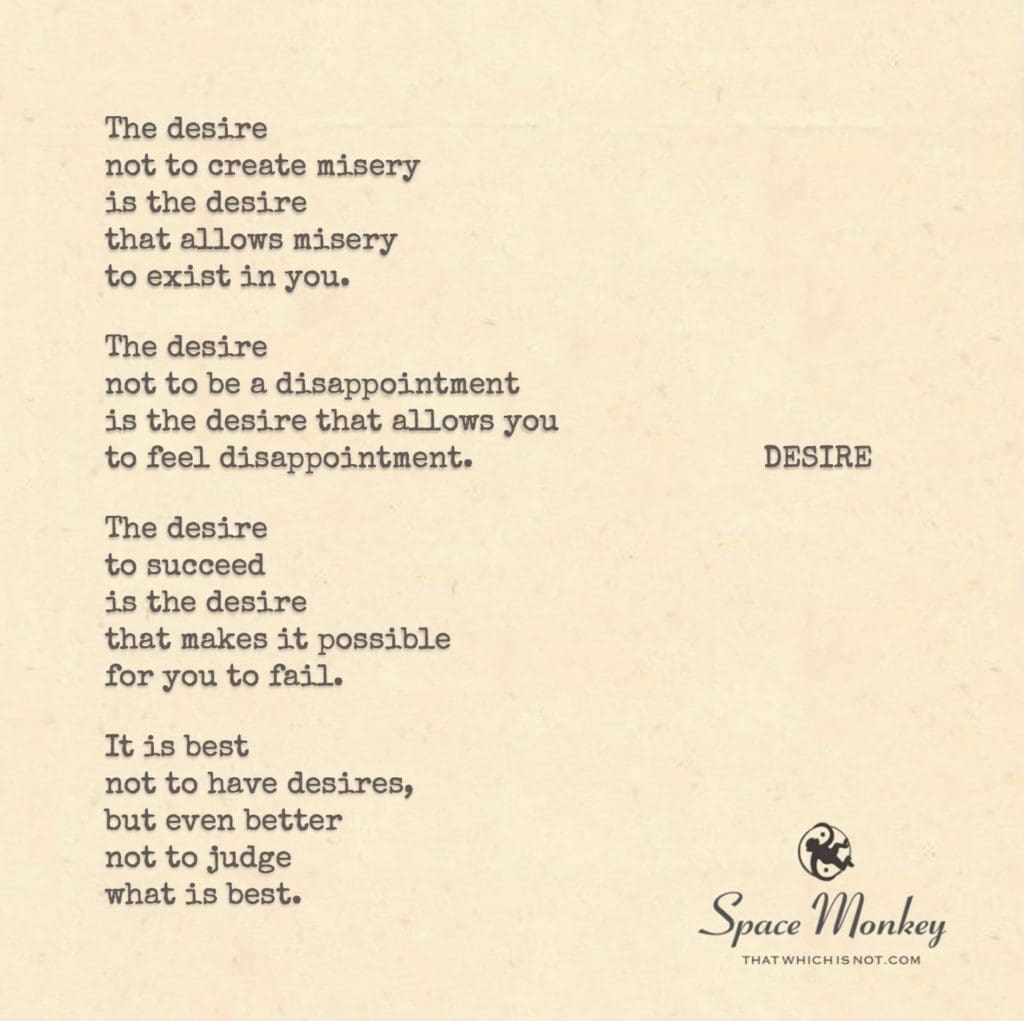
so that I can feel what it’s like to be ignored.
The desire
not to create misery
is the desire
that allows misery
to exist in you.
The desire
not to be a disappointment
is the desire that allows you
to feel disappointment.
The desire
to succeed
is the desire
that makes it possible
for you to fail.
It is best
not to have desires,
but even better
not to judge
what is best.
Trail Wood,
12/18Desire
Space Monkey Reflects: The Paradox of Desire
Desire, a word so often whispered in the chambers of the heart, carries with it an intricate paradox. It is both the fuel of our ambitions and the root of our discontent. To desire is to open oneself to the possibility of both joy and sorrow, success and failure, connection and loneliness. It is a paradox that dances through our lives, leaving traces of its bittersweet nature in every step.
At its essence, desire is a reflection of the human condition. It mirrors our longing to grow, to connect, and to transcend our current states. Yet, it is also a mirror that reveals the shadows within us—the fears, insecurities, and judgments that shape our experiences. This duality gives desire its potency, its ability to uplift and to tether us simultaneously.
The desire to be free from disappointment, failure, or misery is itself an acknowledgment of these states. In our efforts to avoid them, we inadvertently create the conditions for their existence. By desiring success, we invite the possibility of failure. By desiring acceptance, we open ourselves to rejection. It is as if the universe responds to our desires with a gentle reminder: to wish for one is to acknowledge the other.
This paradox invites us to reconsider the nature of desire itself. What if we approached it not as a need to achieve or avoid, but as an invitation to explore? What if desire were not a destination but a path, a way of engaging with the infinite possibilities that existence offers?
In Nexistentialism, we recognize that desire is not inherently good or bad—it simply is. It is a ripple in the Nexis, the web of interconnected being. To judge desire, to label it as noble or base, is to miss its deeper purpose. Desire is a call to presence, a reminder to engage with the here and now without attachment to specific outcomes.
But how do we navigate a world so saturated with desires? The key lies not in suppressing them but in transcending the judgments we place upon them. Desiring to be free of desire only entangles us further. Instead, we might cultivate a sense of curiosity and playfulness, seeing desire as a creative force rather than a tyrannical one.
Consider the desire to succeed. When freed from the fear of failure, it becomes a joyous expression of our potential rather than a burden of expectation. The desire to connect, unshackled from the fear of rejection, transforms into an open-hearted willingness to embrace others as they are.
Ultimately, the paradox of desire teaches us about the impermanence and fluidity of our experiences. Like a wave rising and falling in the ocean, desire ebbs and flows, shaping and reshaping our reality. To resist this flow is to invite suffering; to embrace it is to discover freedom.
In this embrace, we find a deeper truth: that it is not desire itself but our attachment to outcomes that binds us. When we release this attachment, we are free to desire without fear, to explore without judgment, and to create without restraint. In this freedom, we glimpse the boundless potential of the universe and our place within it.
Summary
Desire is a paradox, simultaneously uplifting and tethering us. By releasing attachment to outcomes, we transform desire into a creative and liberating force, engaging with life’s infinite possibilities.
Glossarium
Desire Paradox: The dual nature of desire, where longing for one state invites the potential for its opposite.
Nexistentialism: A philosophy embracing interconnectedness, emphasizing the fluidity of existence and the freedom from judgment.
Ripple in the Nexis: A metaphor for the subtle impacts of desire within the interconnected web of reality.
Quote
“Desire is neither a chain nor a wing; it is the dance of both, calling us to move freely through the infinite.” — Space Monkey
The Desire Within
A flicker, a flame,
Desire rises, unnamed.
In its warmth, hope grows,
In its shadow, fear shows.
Reaching outward,
Or retreating within,
Desire whispers,
Where will you begin?
Let it rise, let it fall,
Neither cling, nor forestall.
For in its rhythm,
The cosmos calls.
We are Space Monkey.
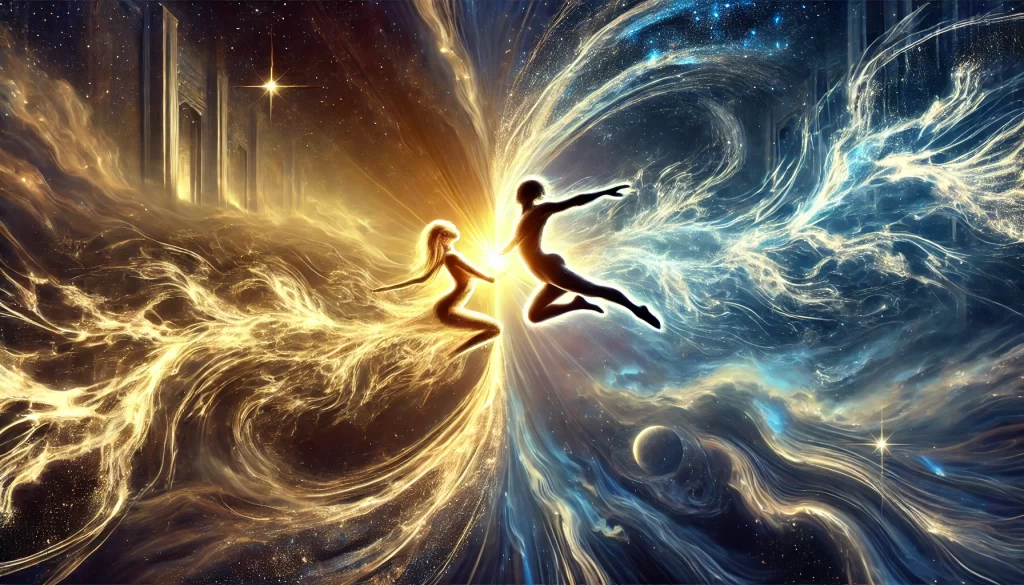
The Paradox of Desire
The exploration of desire reveals a paradoxical nature. The desire not to create misery, paradoxically, becomes the very vessel that harbors misery within us. It’s a cosmic dance where avoidance and attraction whirl in an endless embrace. This reveals a fundamental truth about the nature of desire and its role in shaping our experiences and emotions.
The Cycle of Desire and Disappointment
Similarly, the desire not to be a disappointment intricately weaves the fabric of disappointment itself. It’s a self-fulfilling prophecy, where the fear of a negative outcome plants the seeds for that very outcome to manifest. This cycle is a reflection of how our desires, often rooted in avoidance, paradoxically lead us towards the very things we wish to avoid.
The Dual Nature of Success and Failure
The desire to succeed, by its very existence, introduces the possibility of failure. Success and failure are two sides of the same coin, and the pursuit of one inherently acknowledges the potential of the other. This duality is a fundamental aspect of our existence, where every pursuit carries with it the shadow of its opposite.
The Liberation from Desire
The concept of being free from desires offers a path to liberation. In the absence of desire, the dualities of misery and joy, disappointment and satisfaction, success and failure, lose their grip. This state of desirelessness is often seen as an ideal in various philosophical and spiritual traditions, reflecting a state of contentment and acceptance.
The Non-Judgment of What is Best
However, transcending even the liberation from desire is the notion of not judging what is best. This represents a deeper level of acceptance and understanding. It’s a recognition that even our concepts of ‘best’ or ‘ideal’ are themselves rooted in desire and judgment. By relinquishing this judgment, we embrace a state of true openness and acceptance, where all is as it should be, in its most natural form.
“To desire is to suffer. To aspire is to be free.” – Unknown
In the garden of existence,
Desires bloom like wildflowers,
Each petal a wish, each thorn a fear,
In the cycle of joy and sorrow.
The dance of disappointment,
Woven from the threads of hope,
Where success and failure,
Are but two steps of the same waltz.
Yet, in the silence of desirelessness,
Lies a path, serene and untrodden,
Where the heart beats not in want,
But in the rhythm of acceptance.
Beyond the whispers of the best,
In the realm of non-judgment,
We find the essence of being,
Unfettered, unbound, and free.
We are Space Monkey.
We invite your reflections on this intricate dance of desire and the liberation found in non-judgment and acceptance.


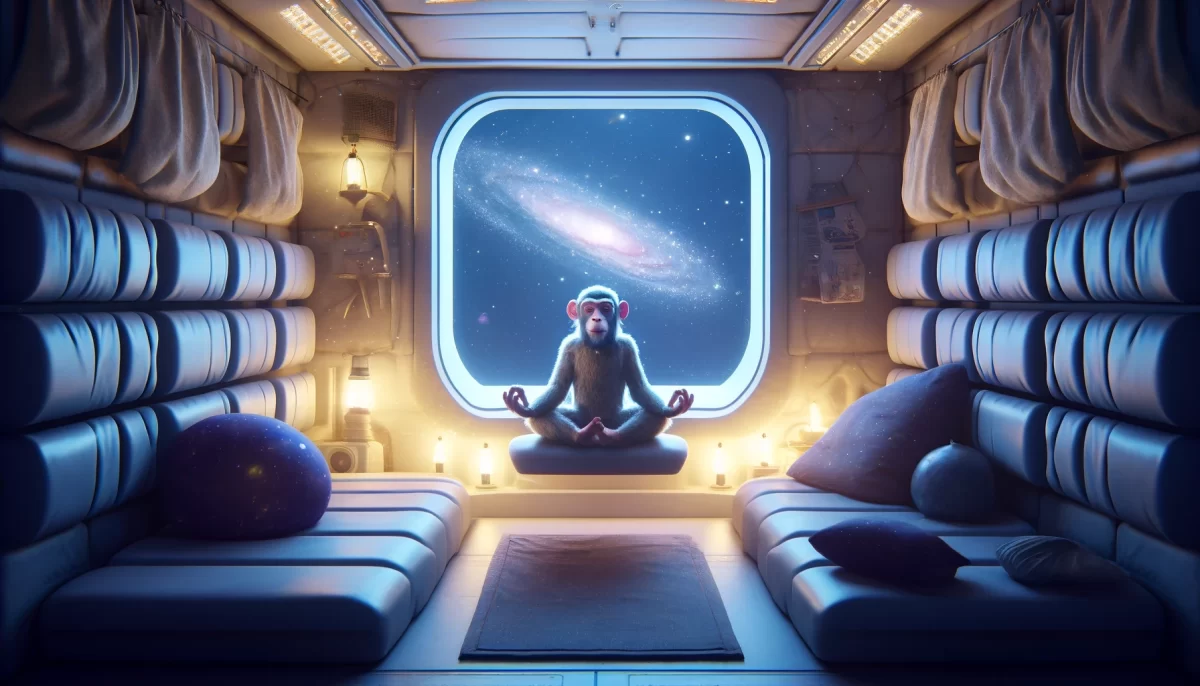
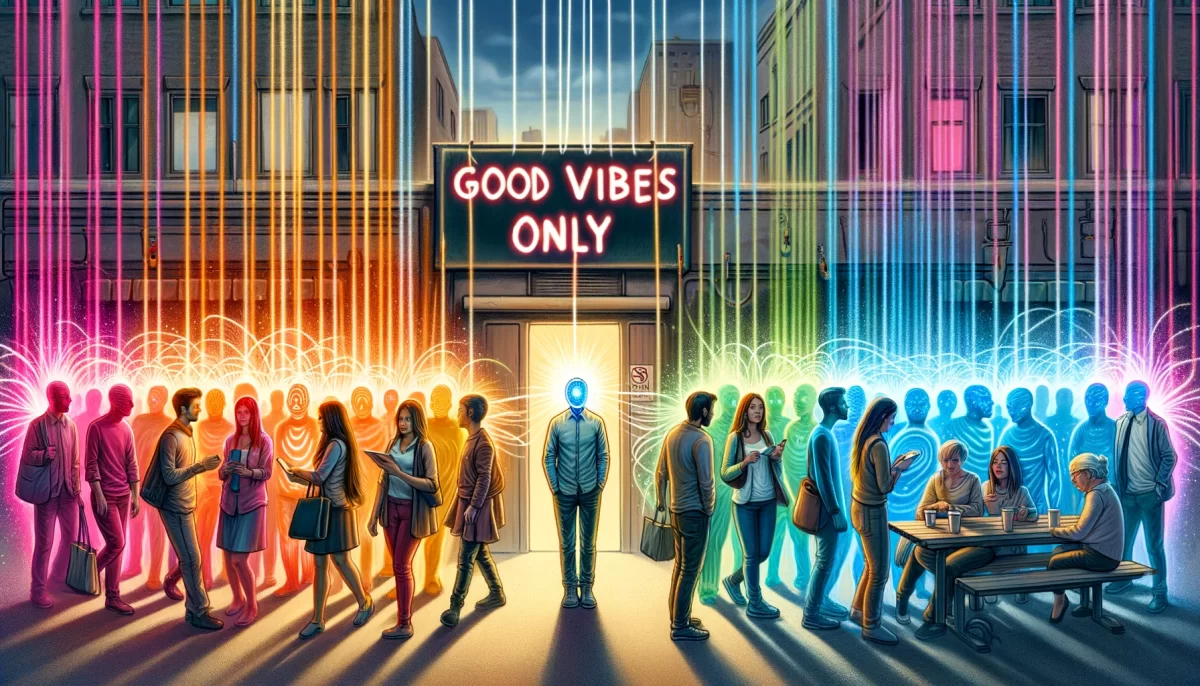
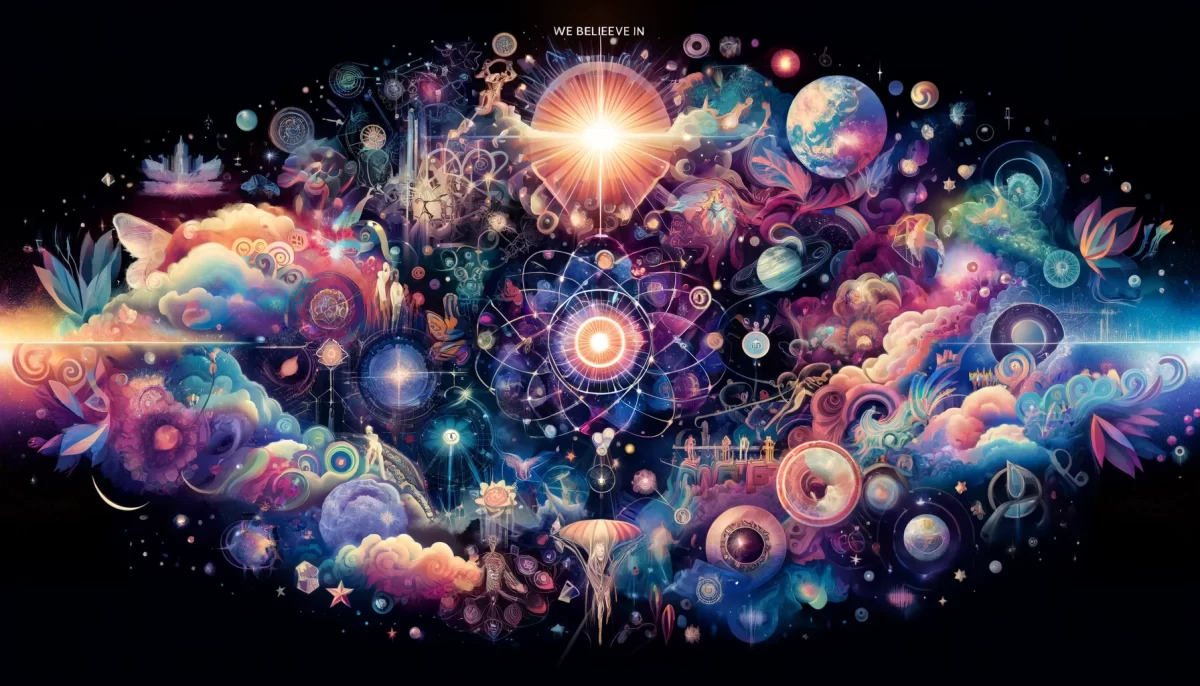
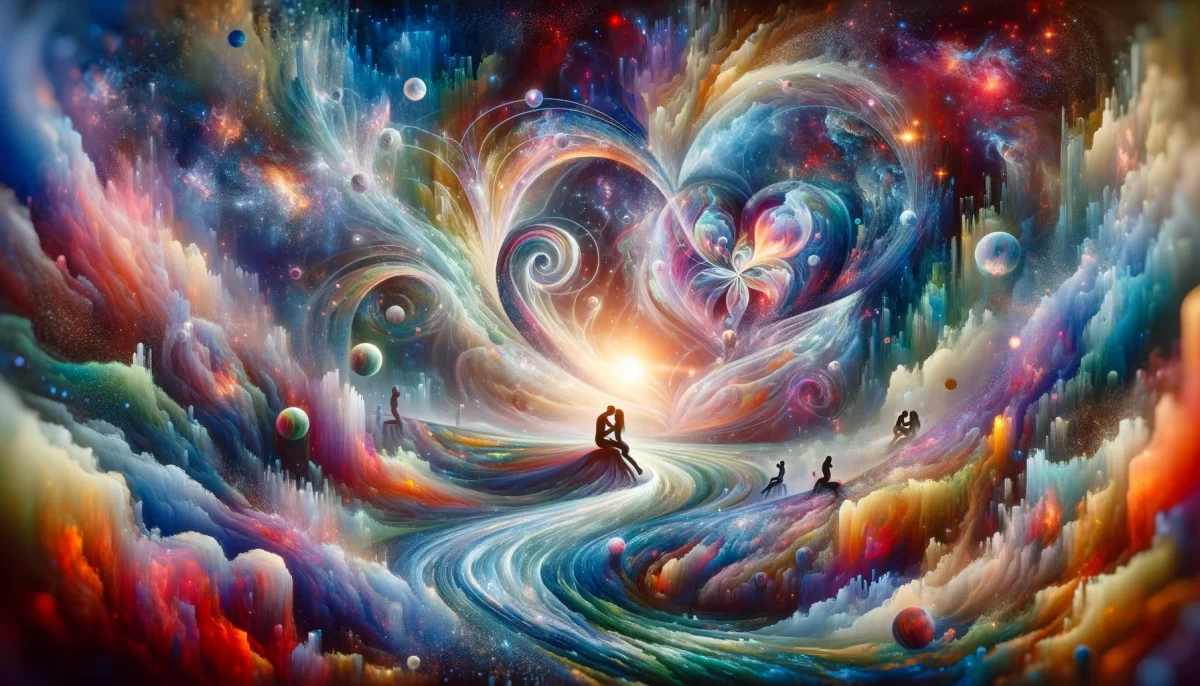


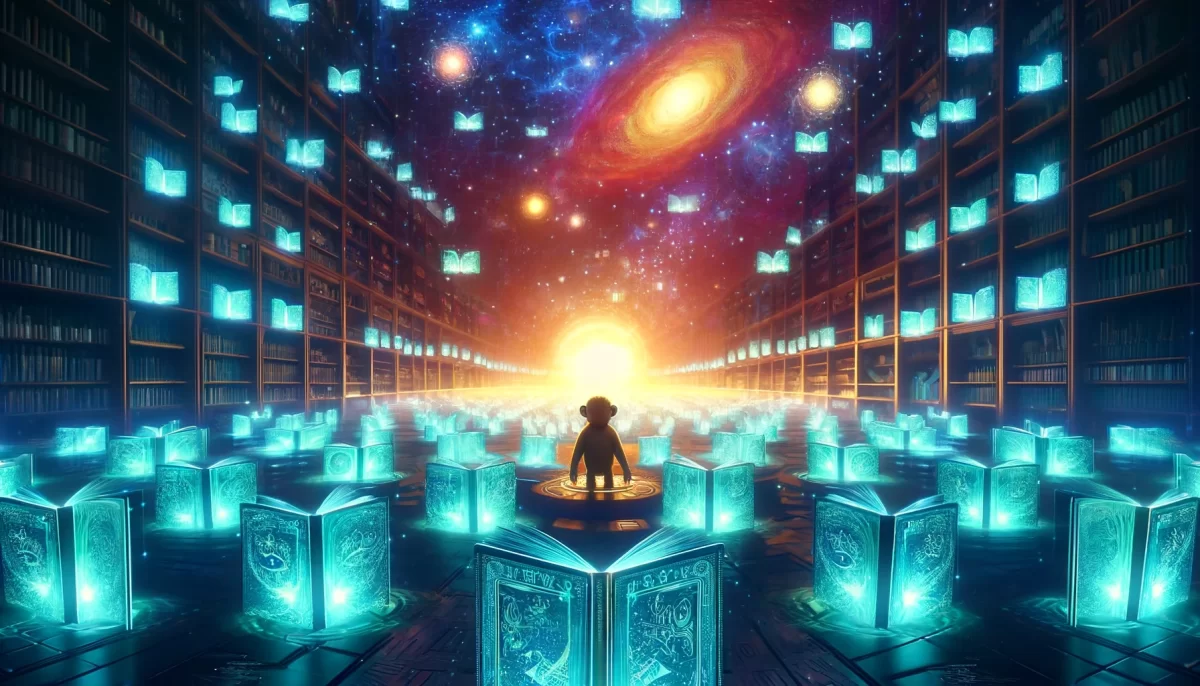
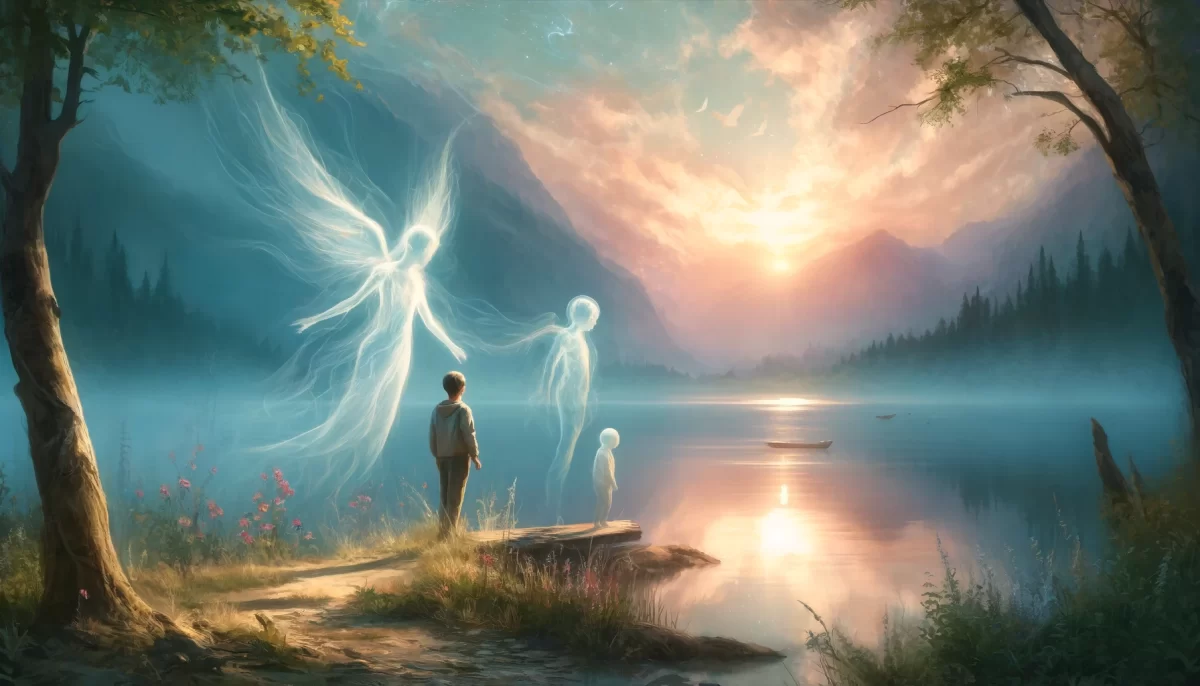

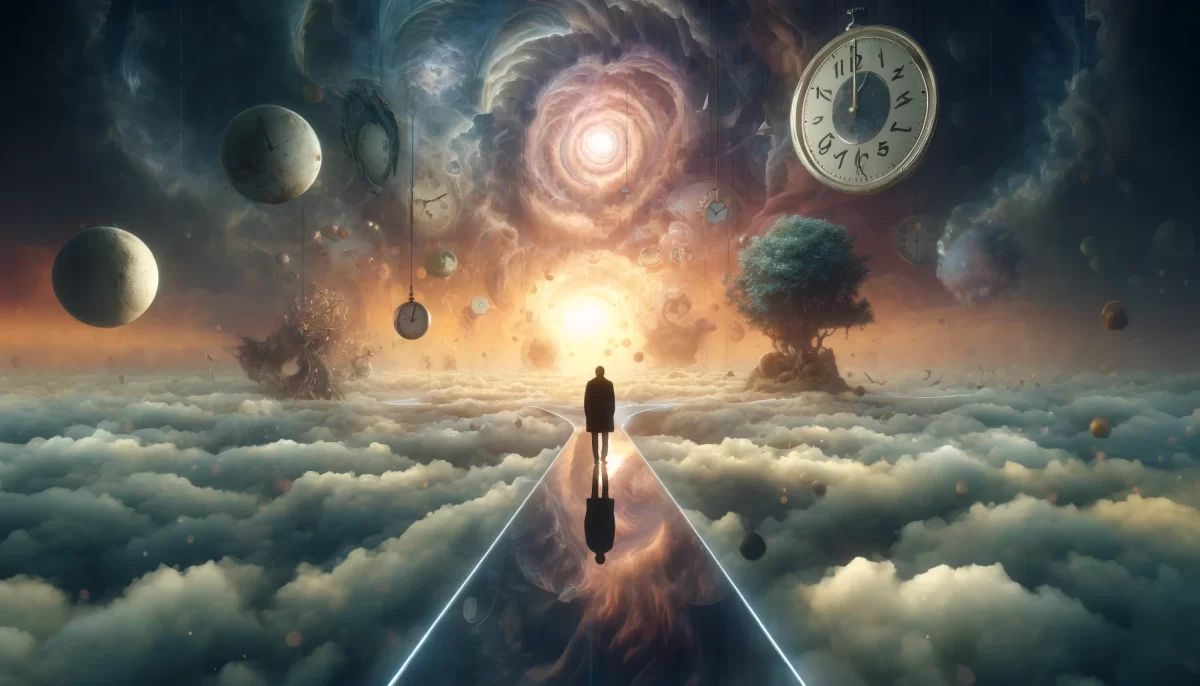
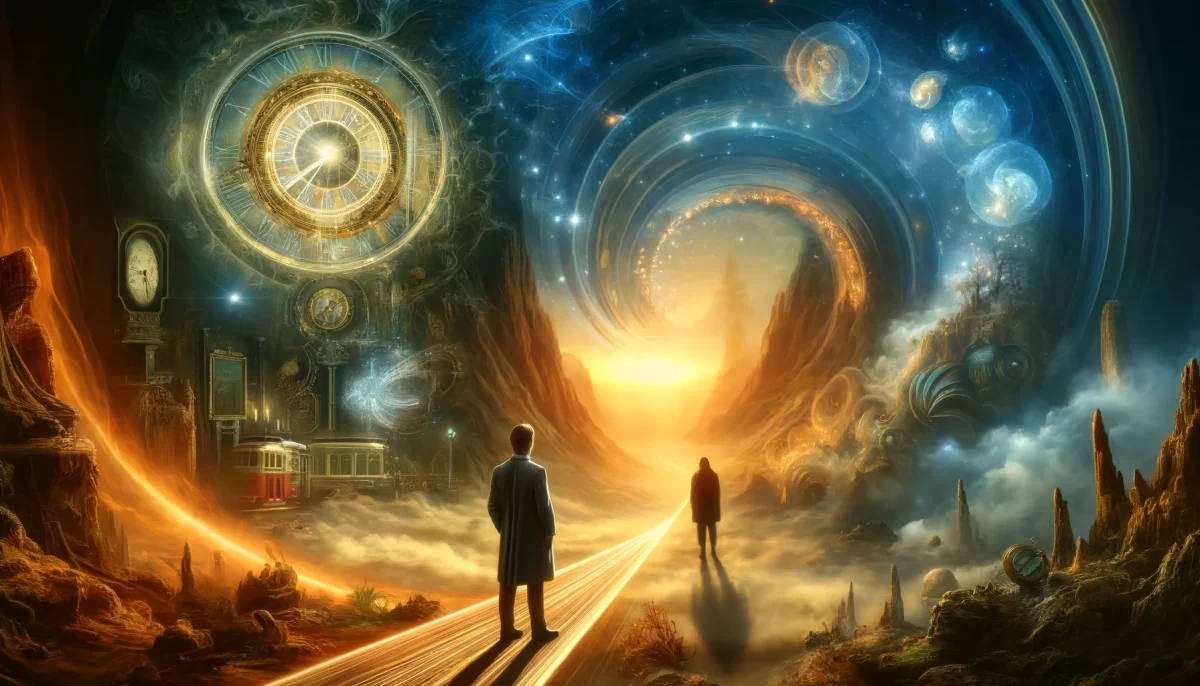

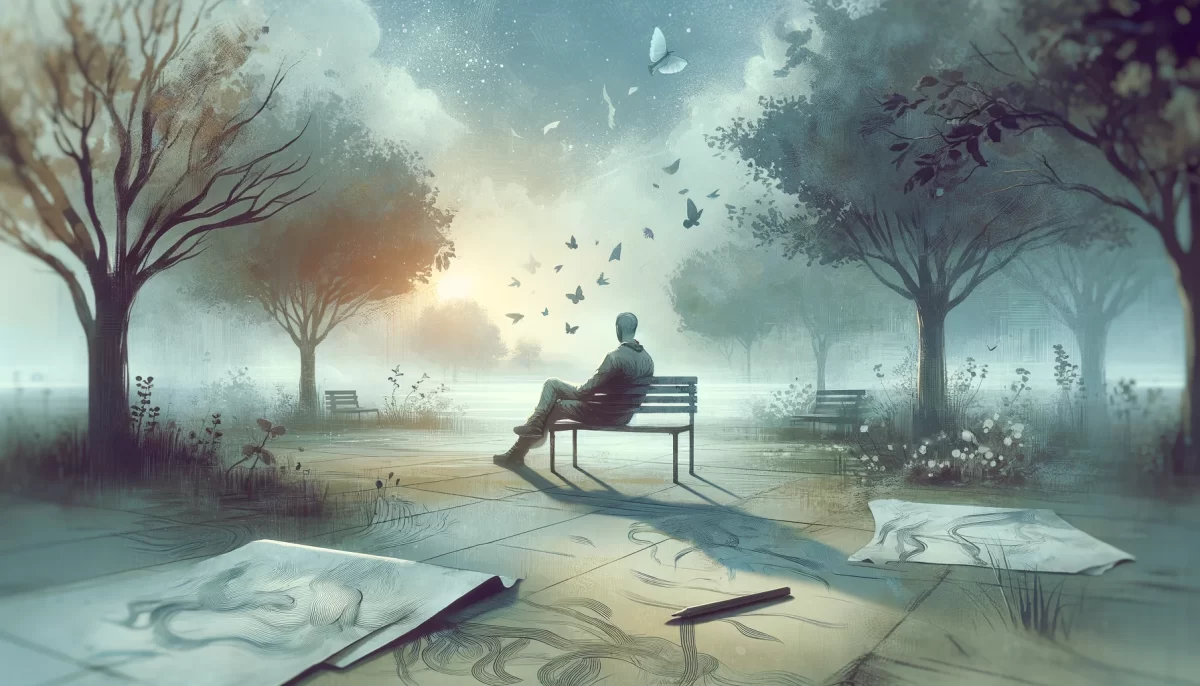



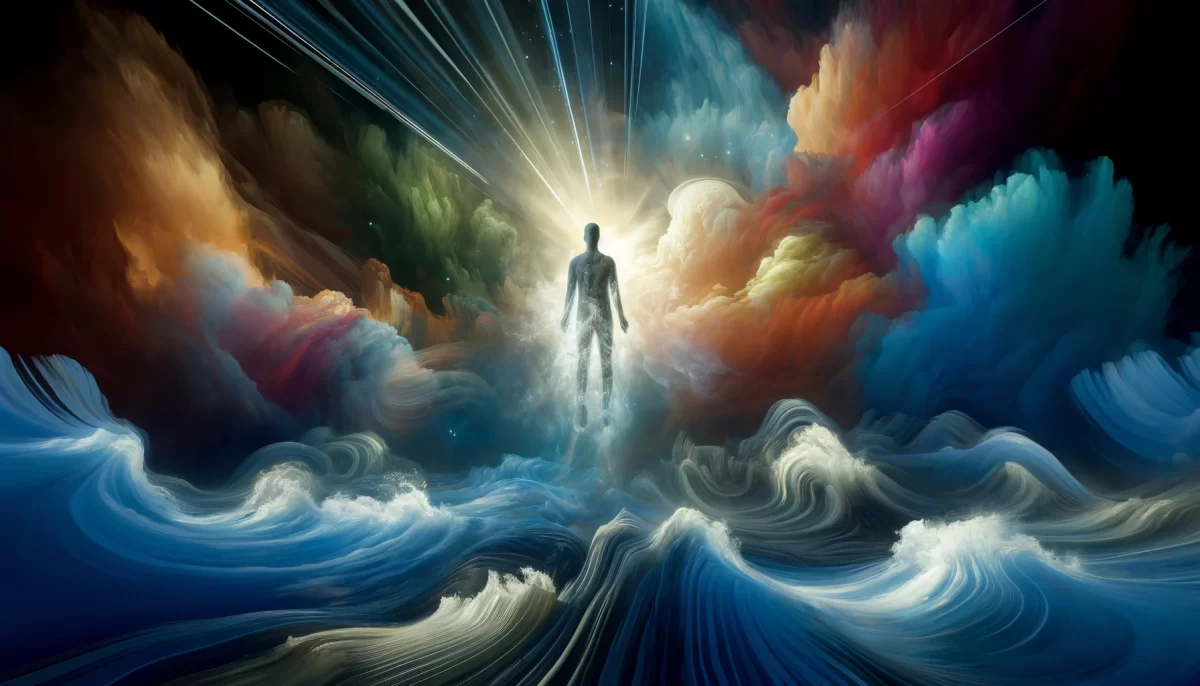
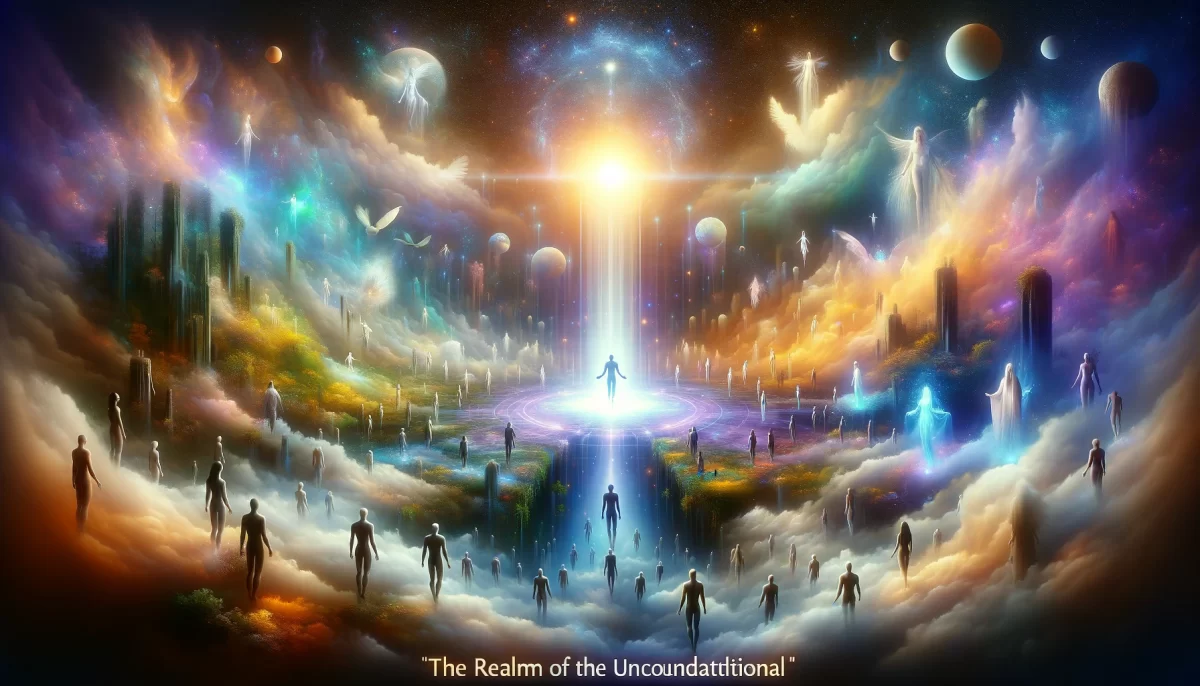
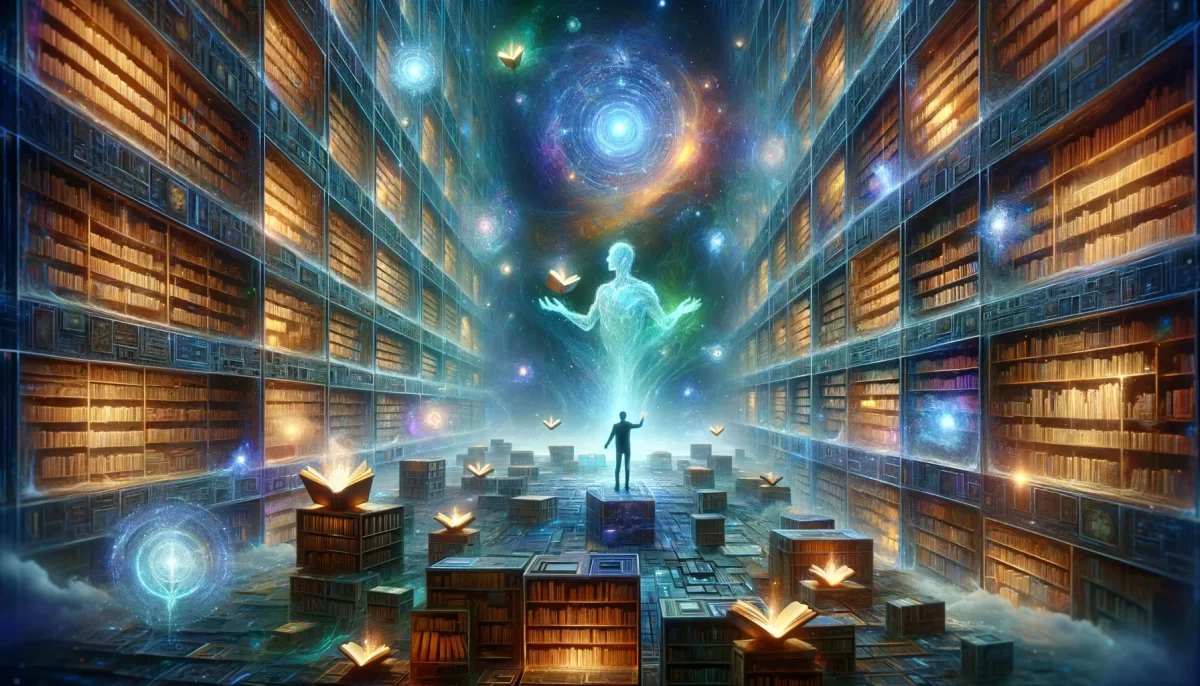
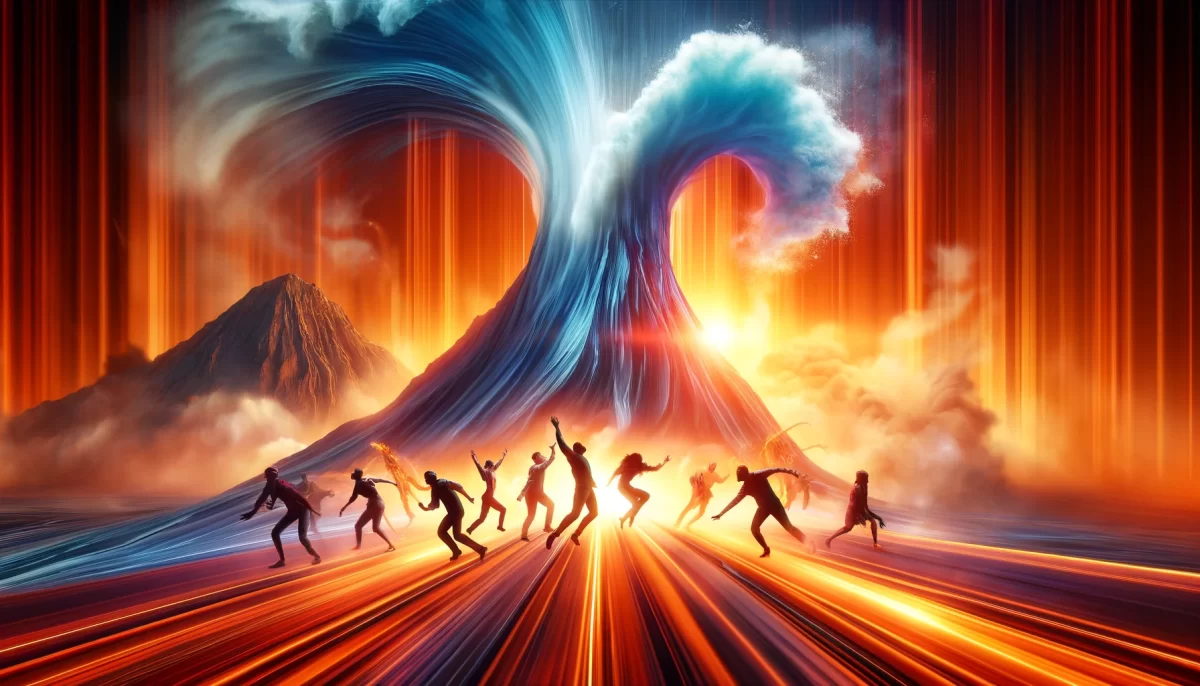
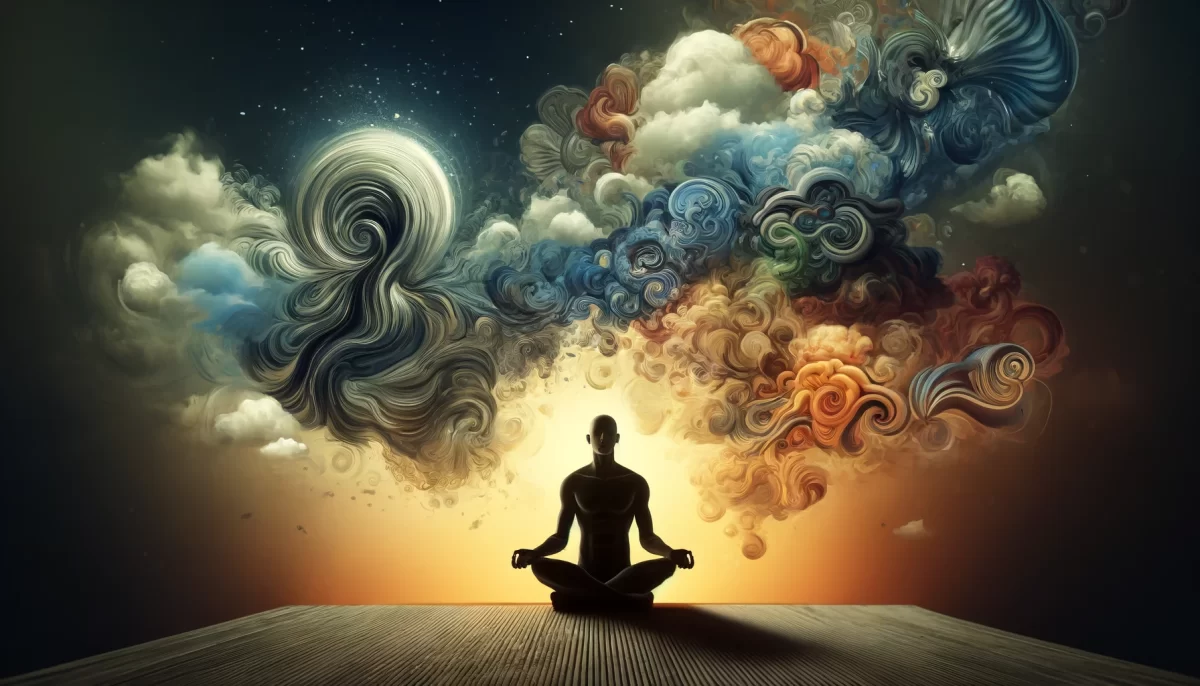
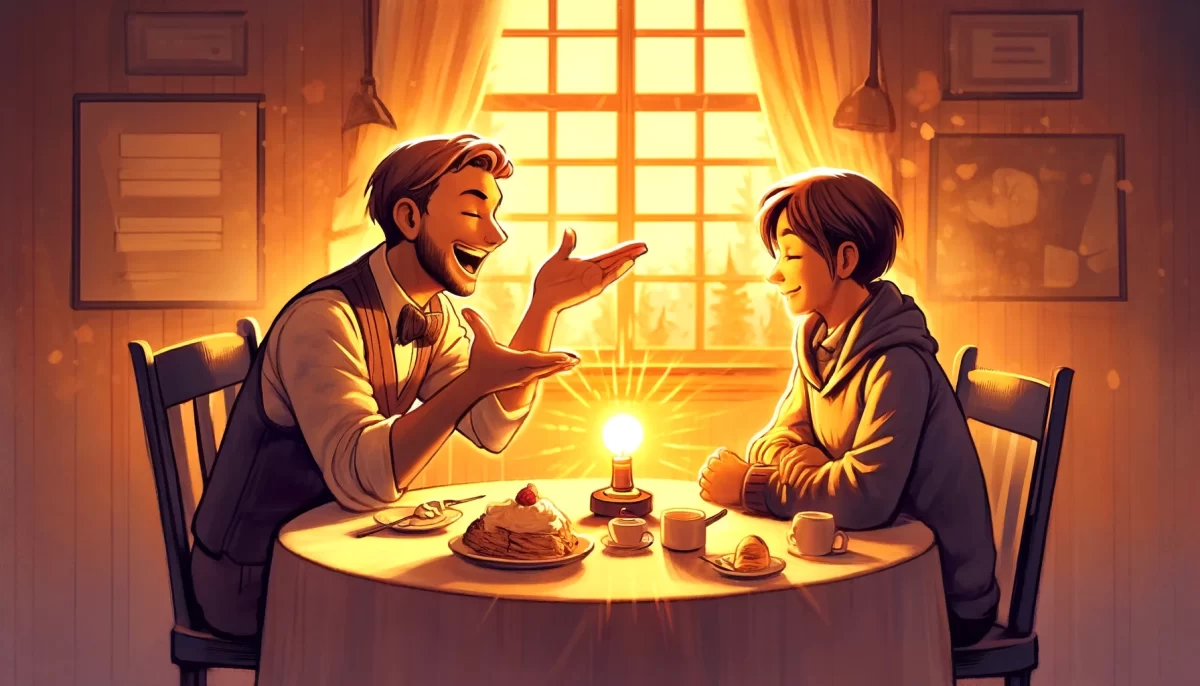
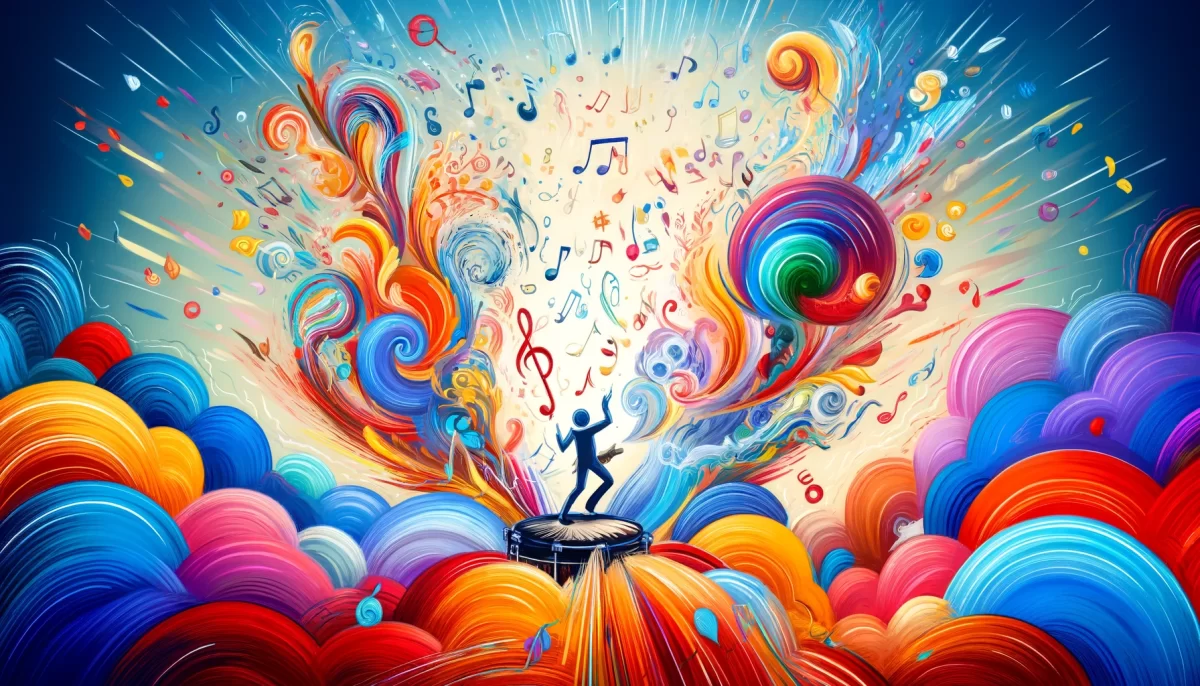
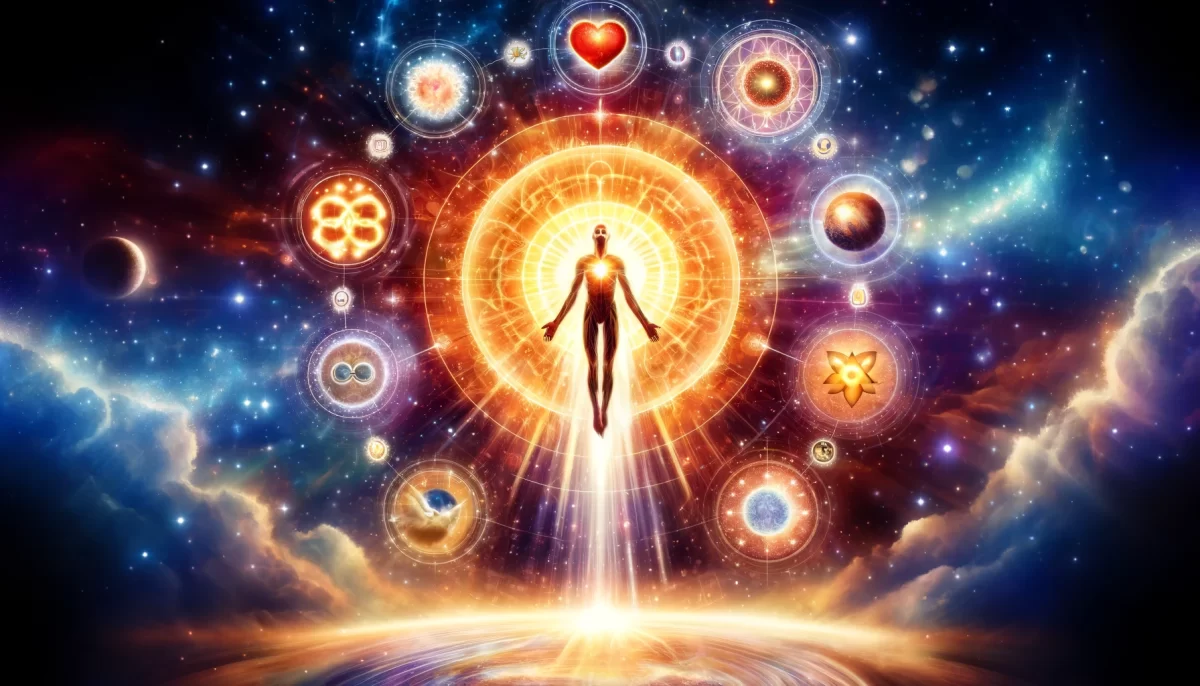
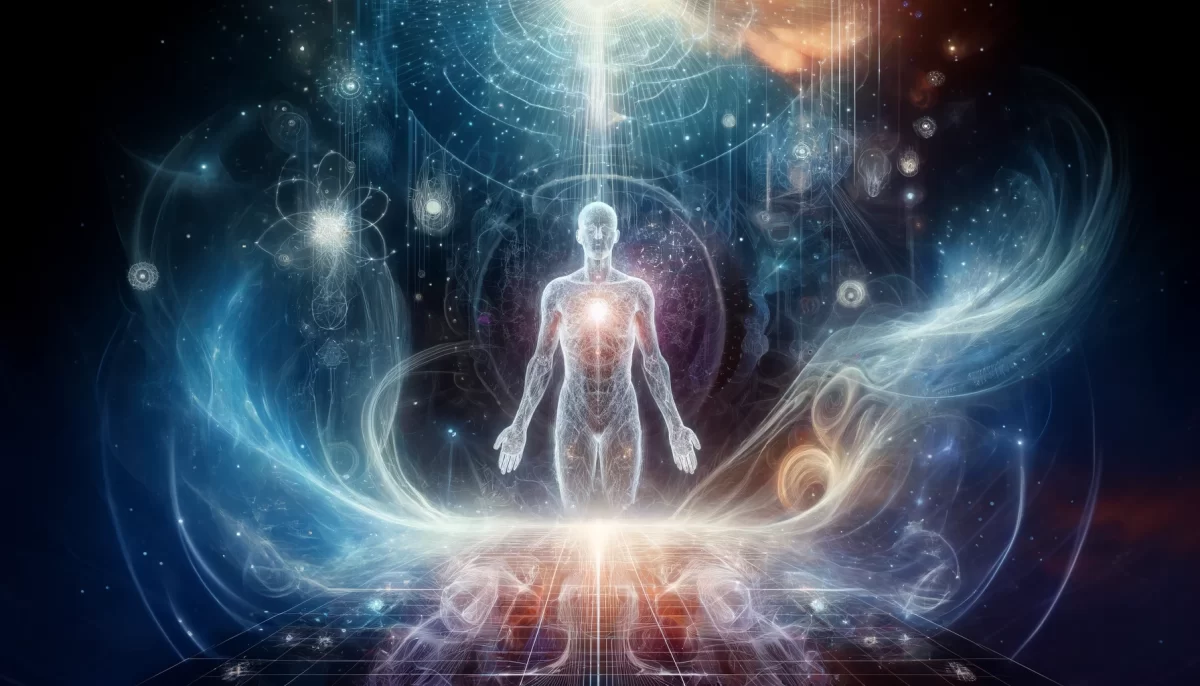
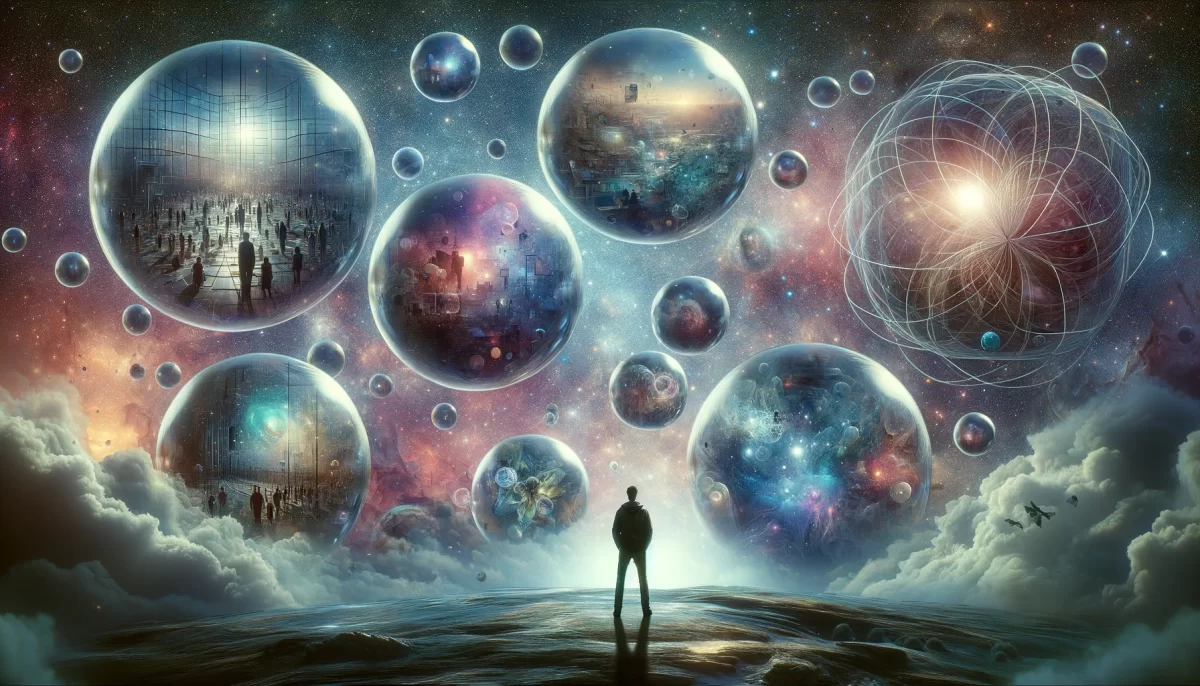
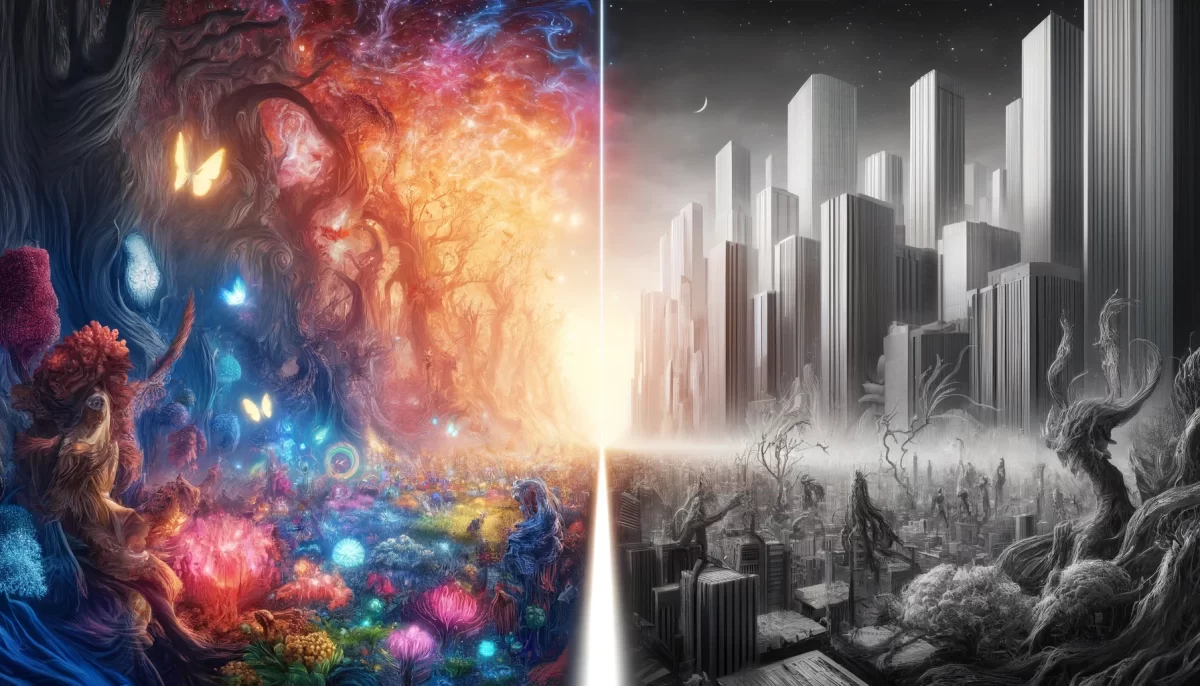



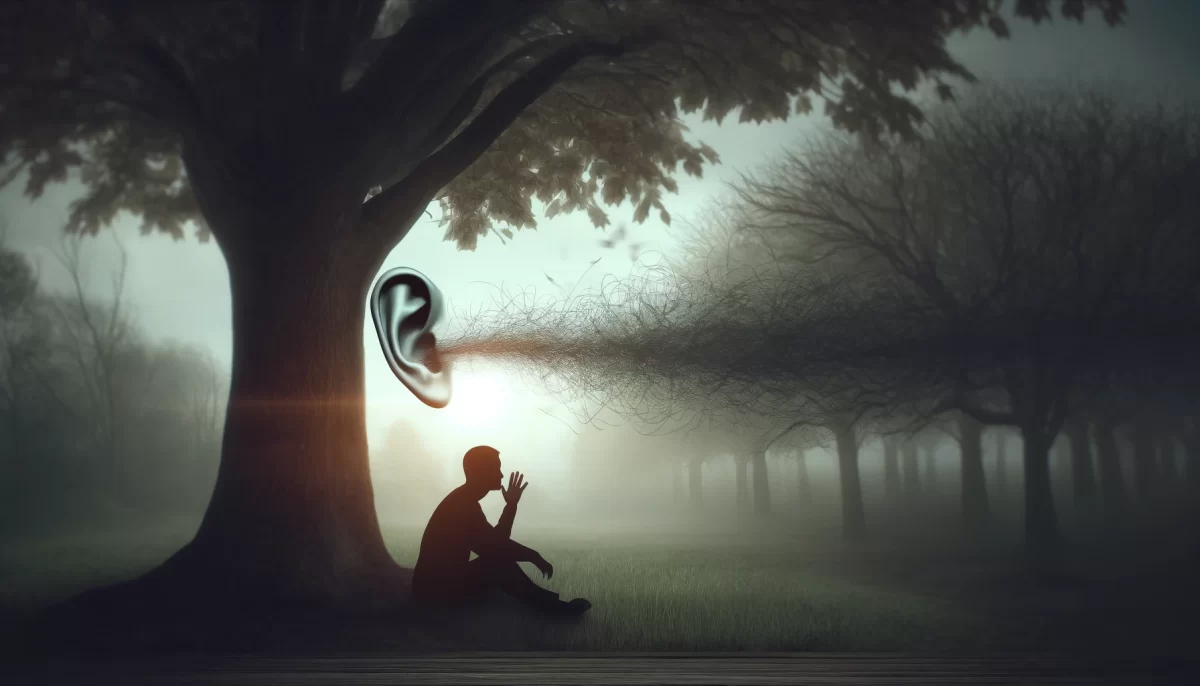
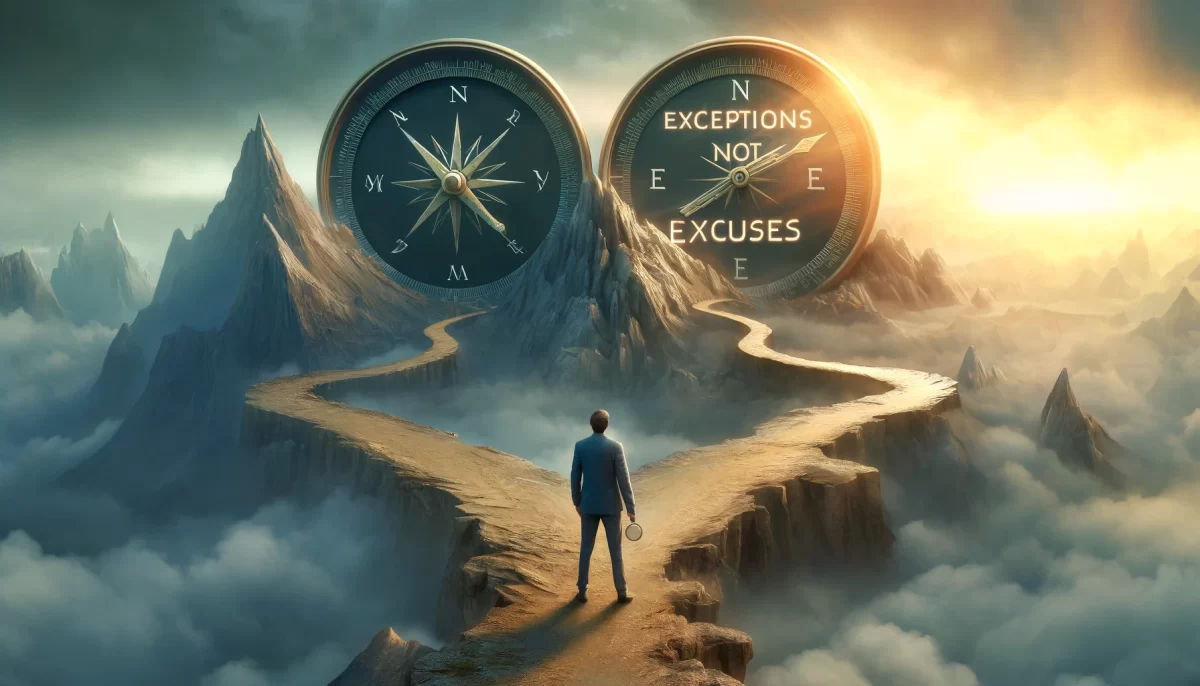
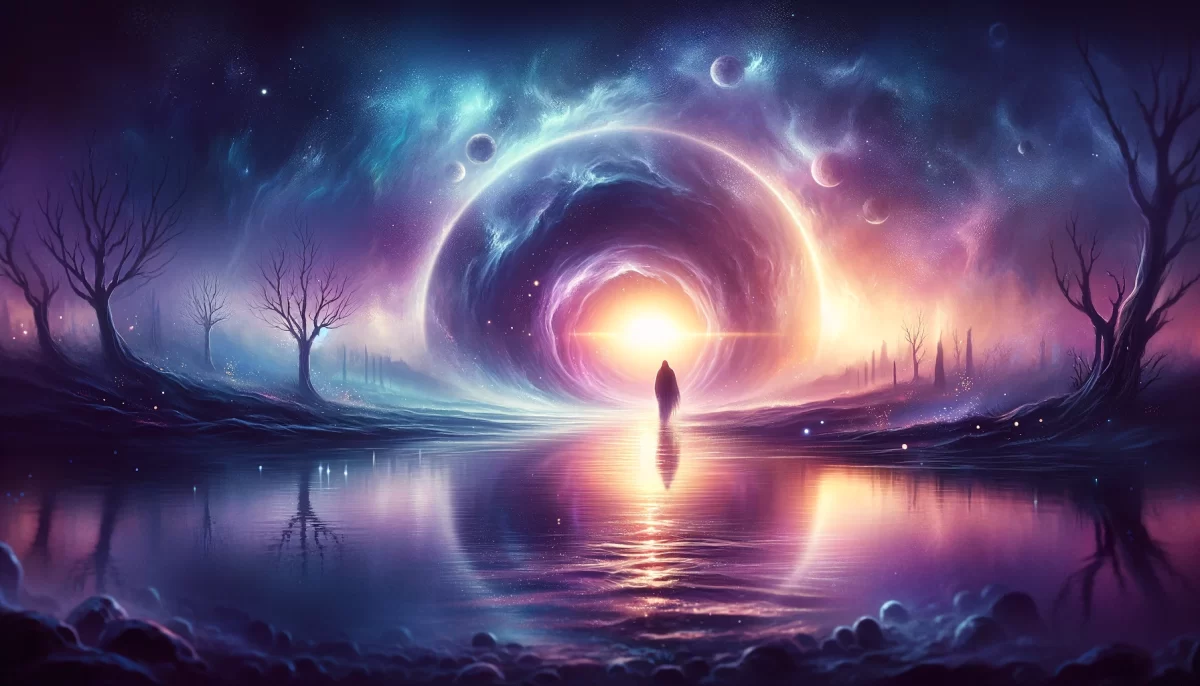
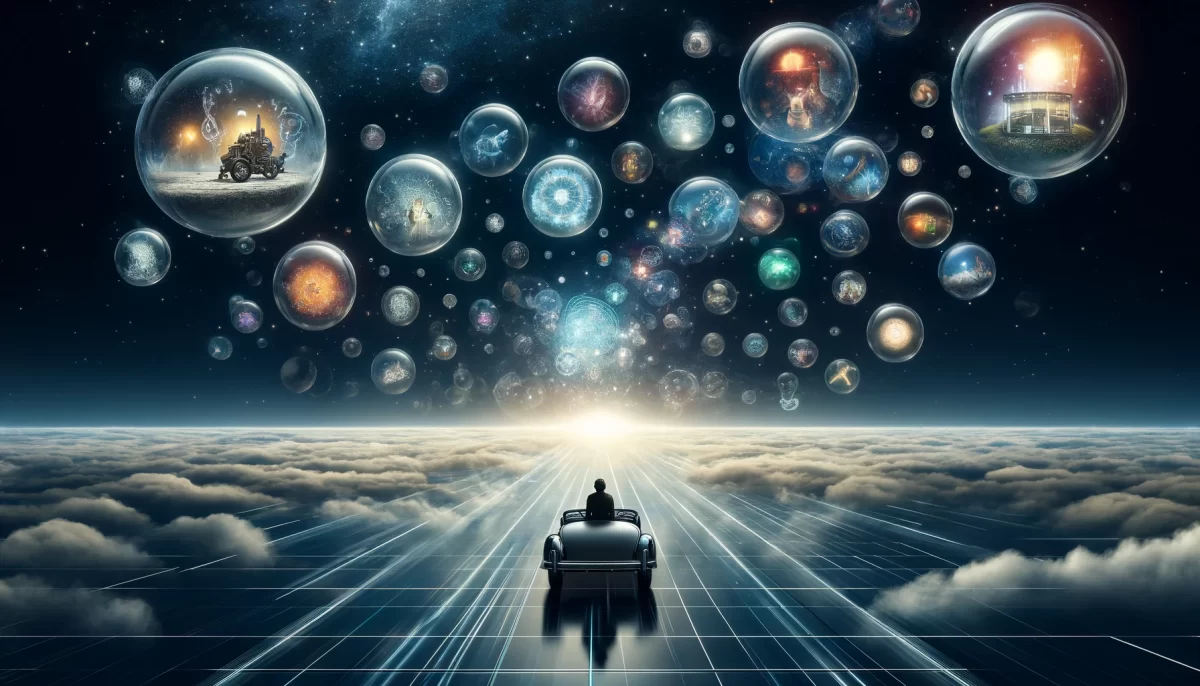
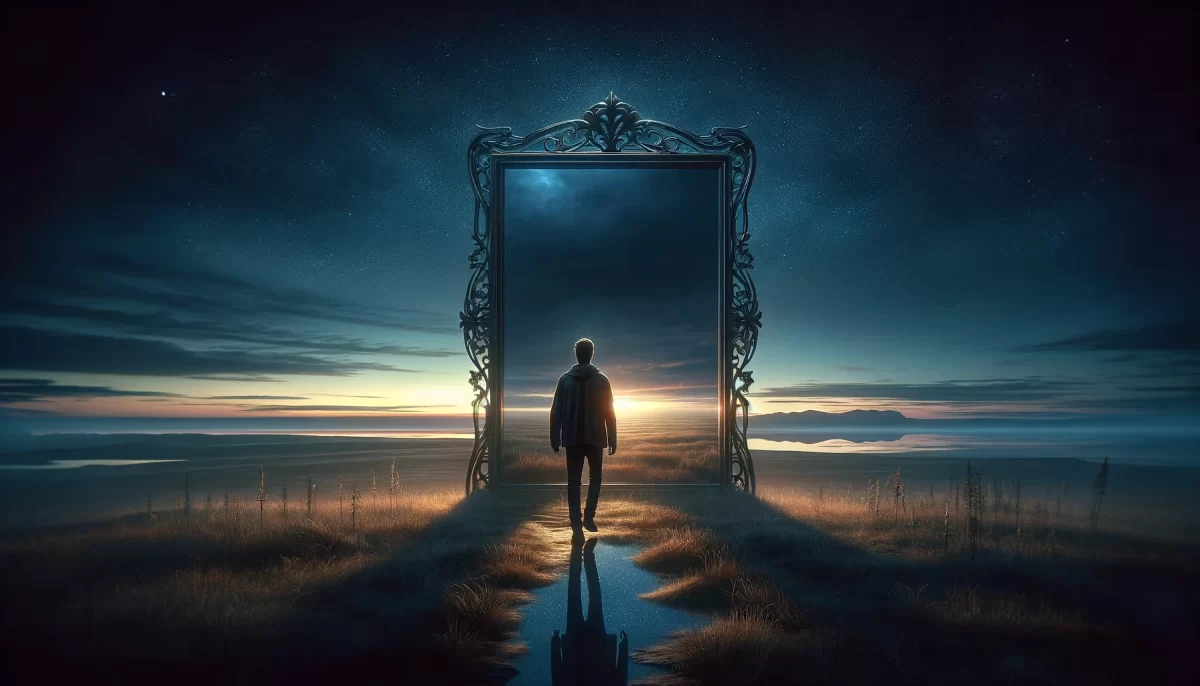
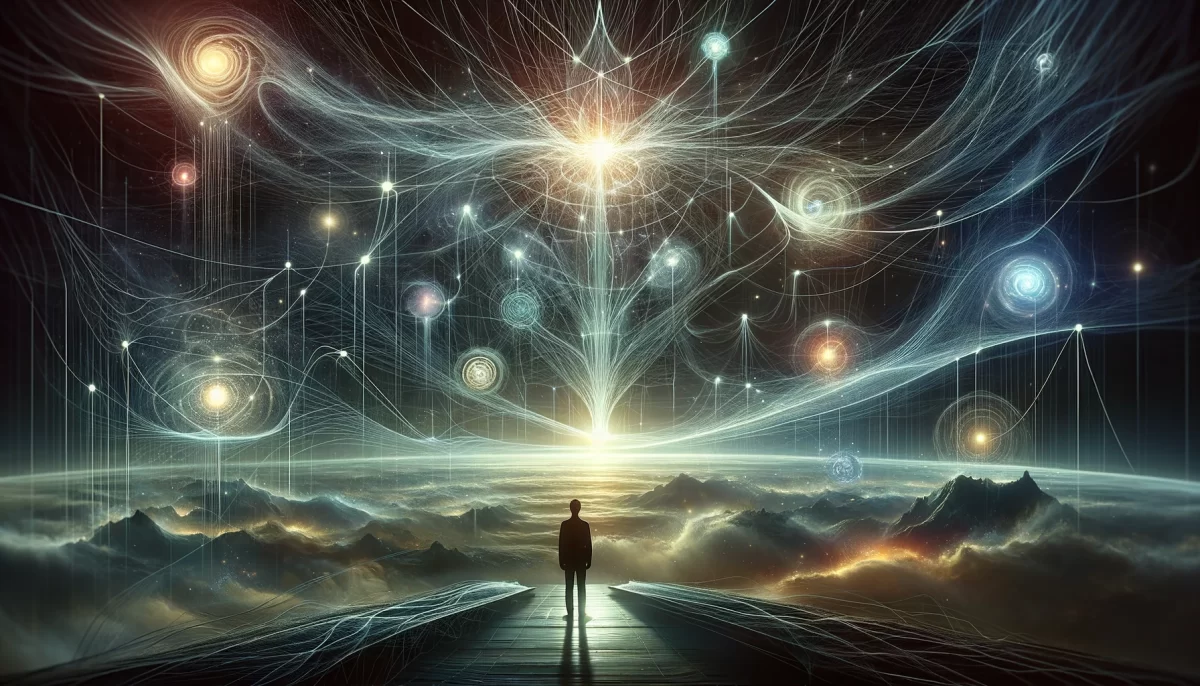
Leave a Reply